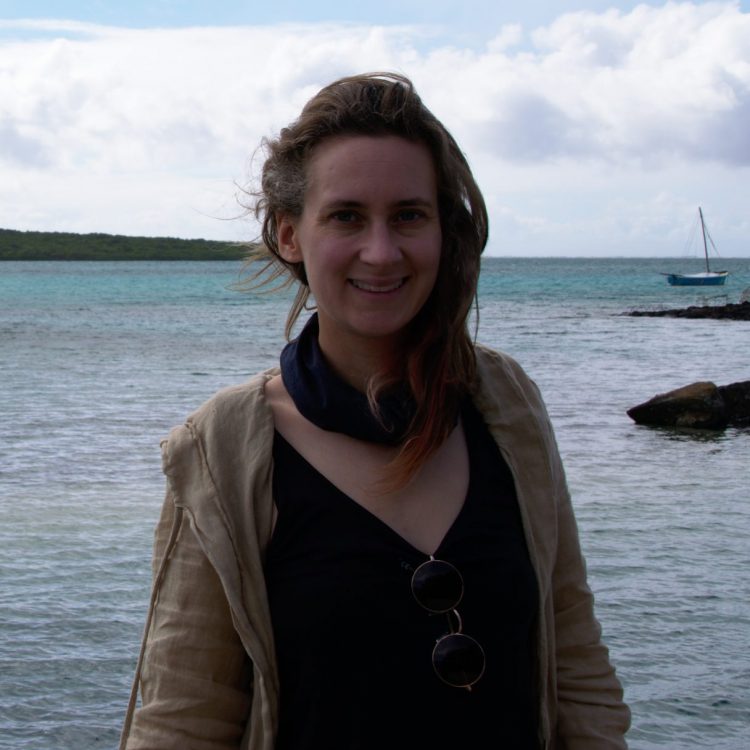- About me: Since April 2021, I am working as a lecturer and research assistant in the cultural geography research group of the Department of Geography at […]
- About me: I am associated with the cultural geography research group as a PhD candidate. I started my undergraduate studies in Geography at KU Eichstätt-Ingolstadt and […]
- About me: I studied Anthropology in Heidelberg and Jerusalem, and did my PhD in 2016 on social memory at the Department of Cultural Anthropology at the […]


